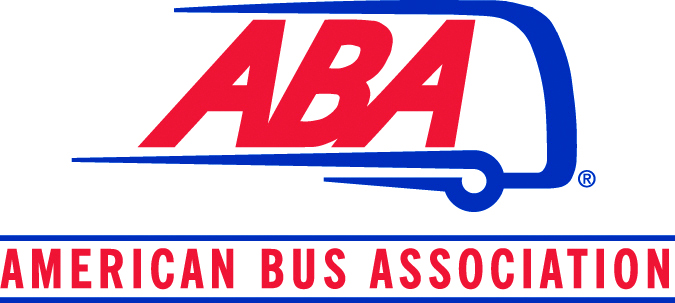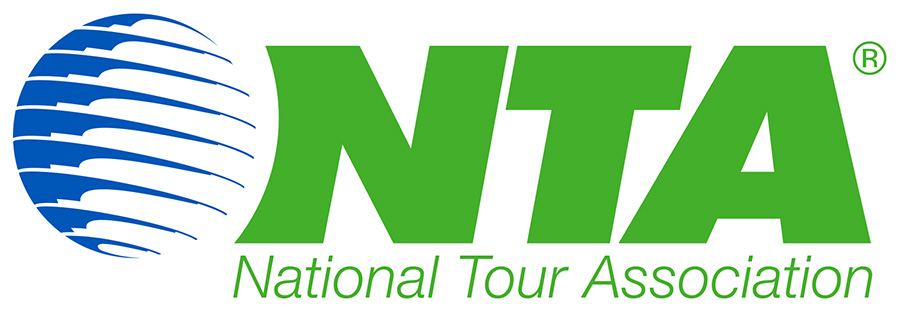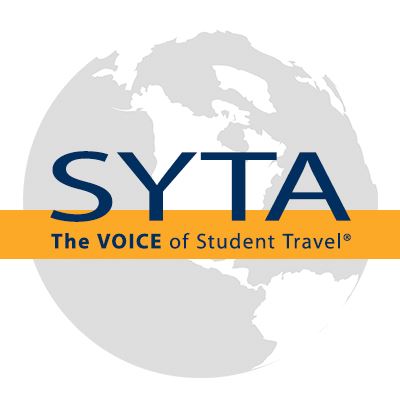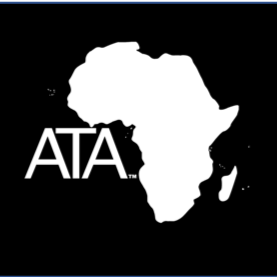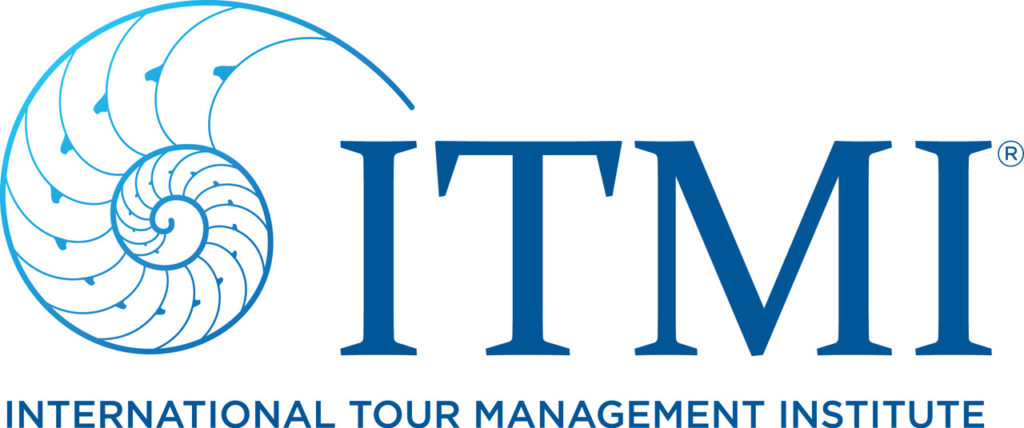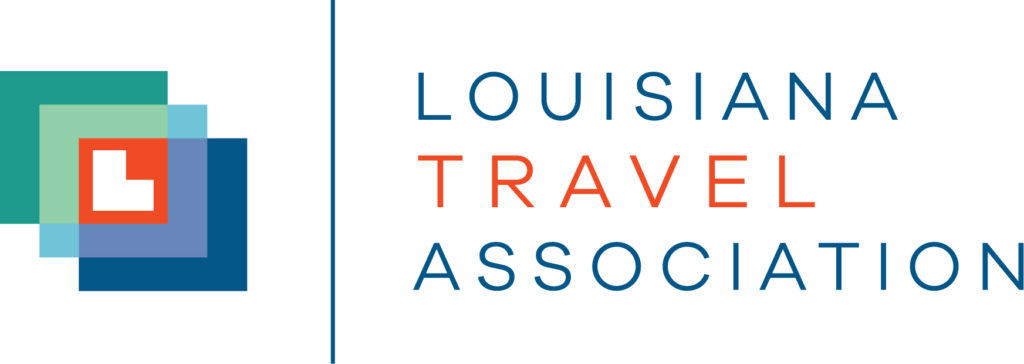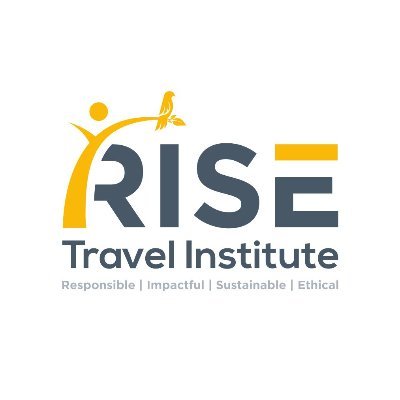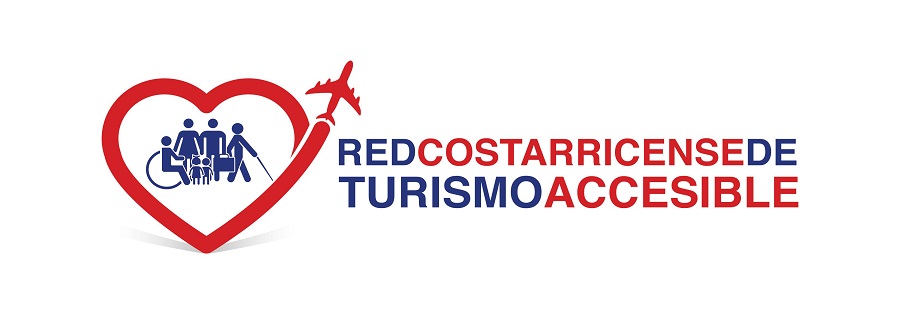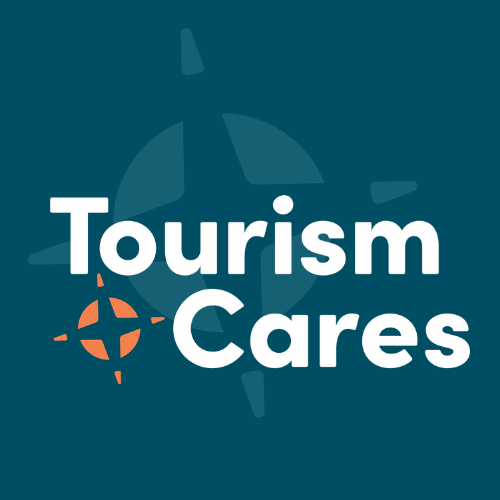We, the undersigned travel industry associations and organizations, commit to purposeful action around diversity, equity, and inclusion (DEI) to create an environment to make our organizations and the broader travel industry more welcoming and inclusive.
To achieve this goal, we will follow the below guiding principles and recommend that other associations and organizations do the same.
STEPS TO EMBED DEI INTO ASSOCIATION STRUCTURE
- Step 1: Create a DEI Committee or Working Group
- Step 2: Recommit to Association’s Mission
- Step 3: Reset Association Values
- Step 4: Solidify Code of Conduct (or “Code of Ethics”, “Membership Principles”, etc.)
- Step 5: Assess current practices/structures through a DEI lens
- Step 6: Connect DEI Committee to broader association
- Step 7: Create and follow mechanisms to hold the association accountable to its DEI commitment
Associations that sign the pledge receive a document providing a more detailed process for how to enact these steps.
GUIDING PRINCIPLES
ASPIRATION → ACTION → ACCOUNTABILITY
Aspiration: Change begins with ideas. The first step is to bring individuals together to establish where you are and where you want to go.
Action: Having an agreed-upon plan is integral to establishing targets. After planning, ideas need applied action and clear timelines to be effective.
Accountability: It is the responsibility of both the staff and the Board to make sure that associations maintain tangible alignment with the purpose and values that have been outlined.
A FOUNDATION OF RESPECT
DEI can only succeed when there is a foundation of respect, built on acknowledging and listening to different perspectives.
A BROAD DEFINITION OF DEI
DEI needs to be treated broadly. Race/ethnicity, disability, sexual orientation, gender identity, religious affiliation, and many other aspects of identity need to be considered in DEI initiatives.
CREATING SUSTAINABLE INITIATIVES
DEI initiatives without sustainability will be seen as transitory or performative and will not be able to foster long-term change.
There are many sustainability initiatives, principles and frameworks, including those offered by the UN’s Sustainable Development Goals, GSTC, and the Future of Tourism Coalition, for the purposes of this road map, the concept of ‘sustainability’ is around the root word of ‘sustain’ – to continue, persist, and maintain.
HOW DEI BENEFITS ASSOCIATIONS
Gaining and maintaining membership: Associations need to consistently gain new members to maintain their relevance. Thoughtful approaches to diversity, equity, and inclusion are needed to be able to attract and retain members from new communities and identity groups. When individuals do not feel welcome or heard within an association, they will be more inclined to cease their membership.
Industry reputation: Associations that do not align with best practices around DEI will suffer an impact on their reputation in the industry, limiting their ability to engage in partnerships and find members and staff who prioritize DEI.
Destination buy-in: By fostering inclusivity practices, associations and their members can improve relationships with the local tourism industry to provide more positive visitor experiences, resulting in increased repeat visitation and loyalty.
REPRESENTATION AND DIVERSIFICATION
People need to see others with similar identities to feel like they themselves would also be welcome. Associations can have current members self-identify to have a better sense of the true diversity within their ranks. Once they know the actual demographics, they can then do more to create viable partnerships to invite individuals from previously under-represented groups.
Even with successful recruitment, diversity of membership and staff cannot be maintained without empowering and listening to varied perspectives.
Yet, boards of travel industry associations cannot be diverse if their membership is not diverse. Since membership comes from the broader travel industry, the pool of members is limited by the overall diversity of travel industry professionals. Therefore, it is imperative for travel industry associations to consistently engage with initiatives that will diversify their boards, membership, and the broader travel industry.
